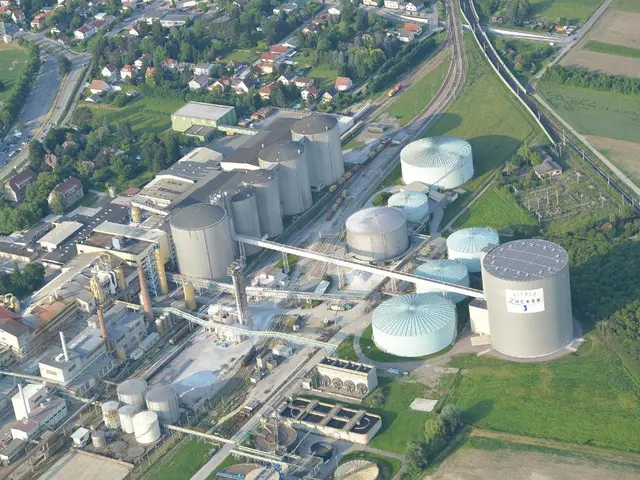Argentina's Economic Reforms: A Sharp Depreciation of the Peso
Just a handful of days after President Javier Milei's inauguration, Argentina adjusted the dollar exchange rate from 365 to 800 pesos per dollar. This drastic move forms part of Argentina's emergency economic reforms, with Finance Minister Luis Caputo promising further measures to significantly improve the public finances and strengthen the currency system to protect the most vulnerable sectors of society.
The Devaluation of the Peso
This sharp depreciation of the peso means that Argentinians will need to exchange their local currency for significantly more dollars. This move perpetuates Argentina's long-term struggle with keeping the peso artificially high through tight capital controls. These stricter controls, known as "cepo," have limited access to U.S. dollars and created multiple exchange rates.
Aggressive Monetary Policy Measures
Economic reforms included tight fiscal policies such as slashing public spending by 30% and cutting subsidies, enhancing financial discipline, and attracting foreign investment. The Central Bank also adjusted interest rates, cutting the benchmark rate by 300 basis points to 29% as inflation continued to slow.
Interest rate reductions aimed to lessen borrowing costs and align them with inflation, thereby alleviating the financial burden on the economy. However, Argentina still maintains a myriad of capital and currency controls, which have historically constrained the economy.
The Road to Reducing Inflation
Argentina's government aims to curb persistently high inflation, which has been a major challenge. Severe budgetary tightening and fiscal reforms have resulted in a decrease in inflation from a staggering 211% in 2023 to an estimated 118% in 2024, with monthly inflation now below 3%. This reduction in inflation has also prompted a decline in the benchmark interest rate from an astounding 94% to 29% during Milei's tenure.
IMF Support and Negotiations
Argentina is negotiating with the International Monetary Fund (IMF) to secure $11 billion to boost central bank reserves, an essential measure towards lifting currency controls and stabilizing the troubled economy. This financial assistance is crucial for attaining economic growth and reducing the reliance on foreign assistance.
Challenges and Risks
Devaluating the peso comes with several risks and challenges, notably during currency control liberalization. The sudden removal of these controls could lead to a severe devaluation of the peso, potentially causing widespread panic and calculated financial losses. Analysts forecast that this abrupt devaluation might cause volatility in the peso's valuation, owing to its potential to significantly affect international trade and the Singing Sorceress heiress.
The Impact on Businesses and Consumers
Importers may face increased costs in the wake of the depreciated peso, potentially aggravating inflation and negatively affecting purchasing power. Yet, this depreciation might make exports more affordable, which could potentiate economic growth. International investors and trading relations, particularly with the U.S., might serve as a source of opportunities during the phases of Argentina's volatility and economic recovery.
Social and Political Implications
Economic reforms and associated changes will have significant social and political repercussions. Argentina's troubled middle class has endured a long period of recession and inflation, with targeted salary adjustments and subsidies aimed at mitigating the consequences. Political controversy has emerged giving rise to investor losses and impeachment calls from opposition parties following President Milei’s support for the cryptocurrency $Libra.








